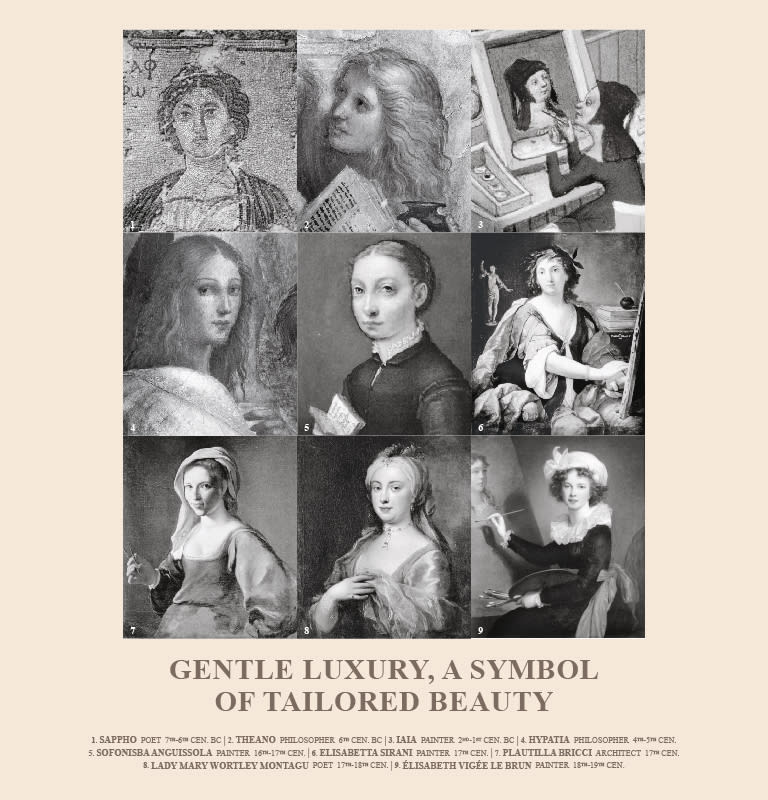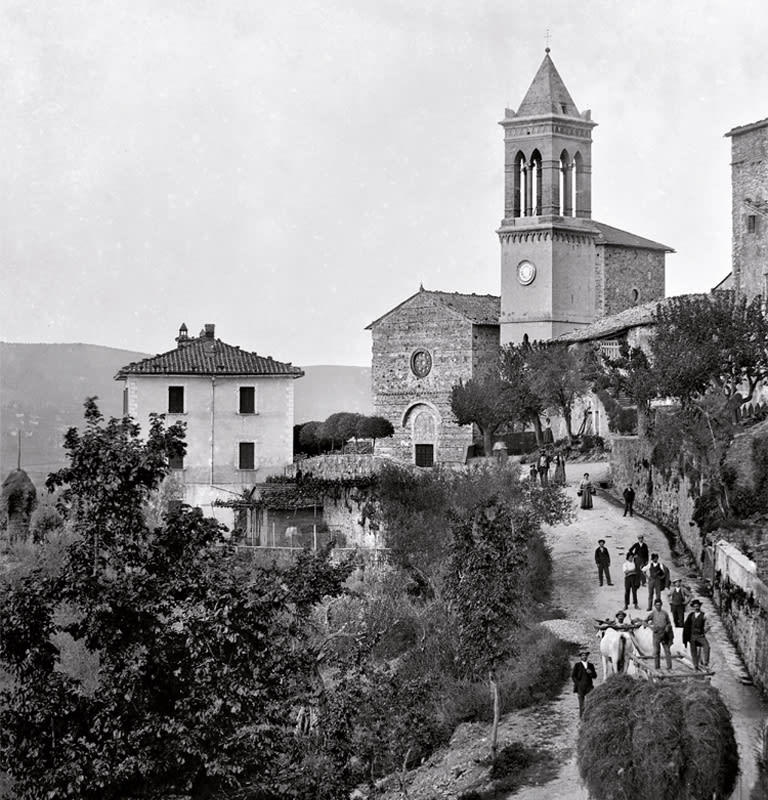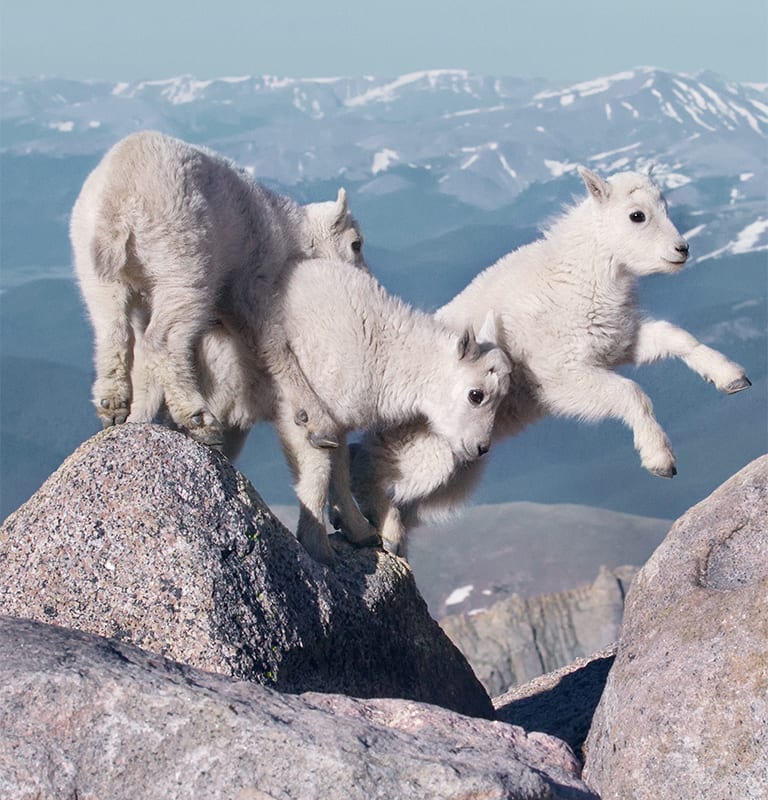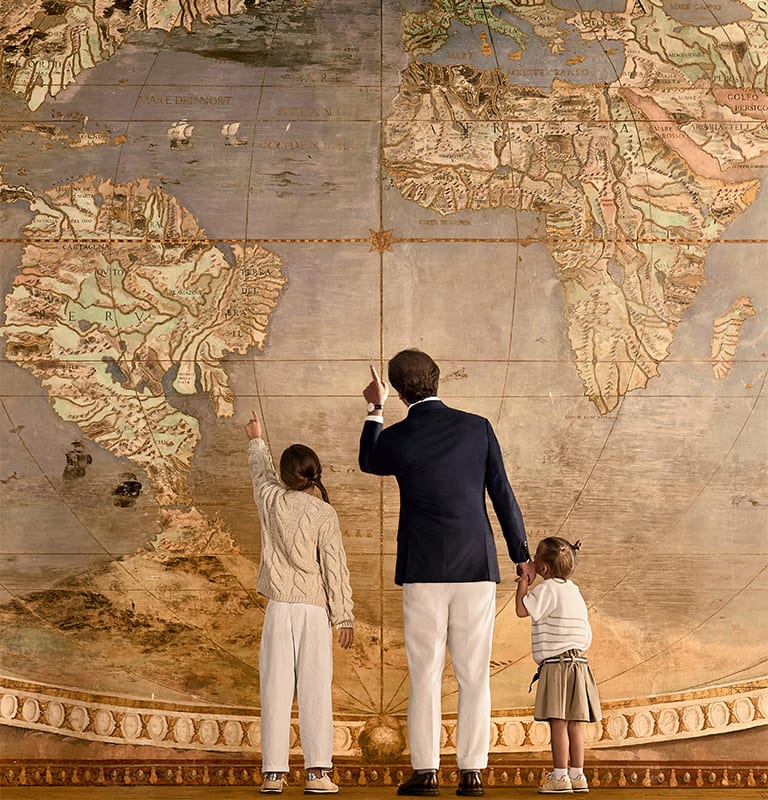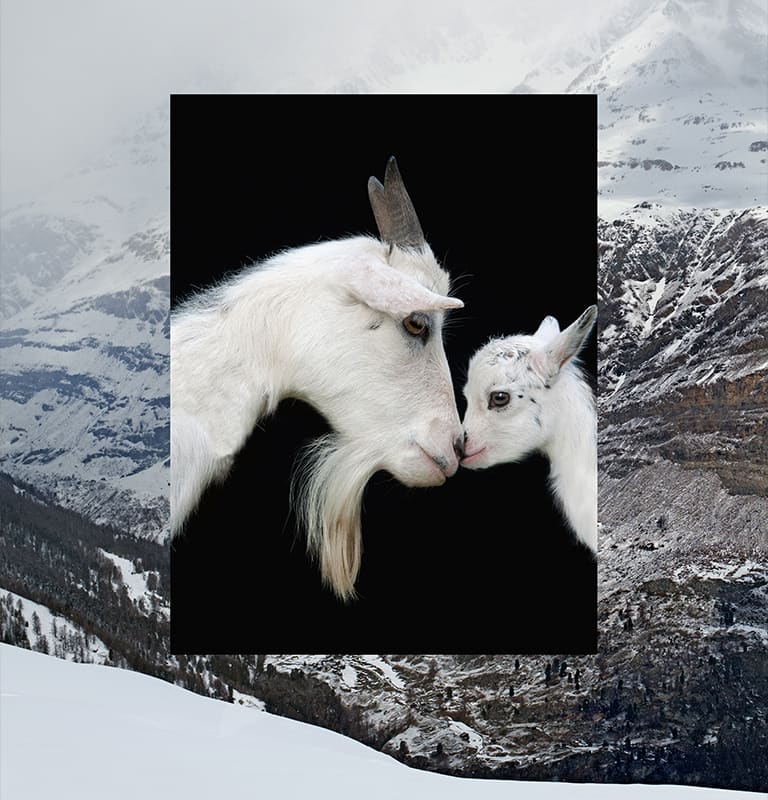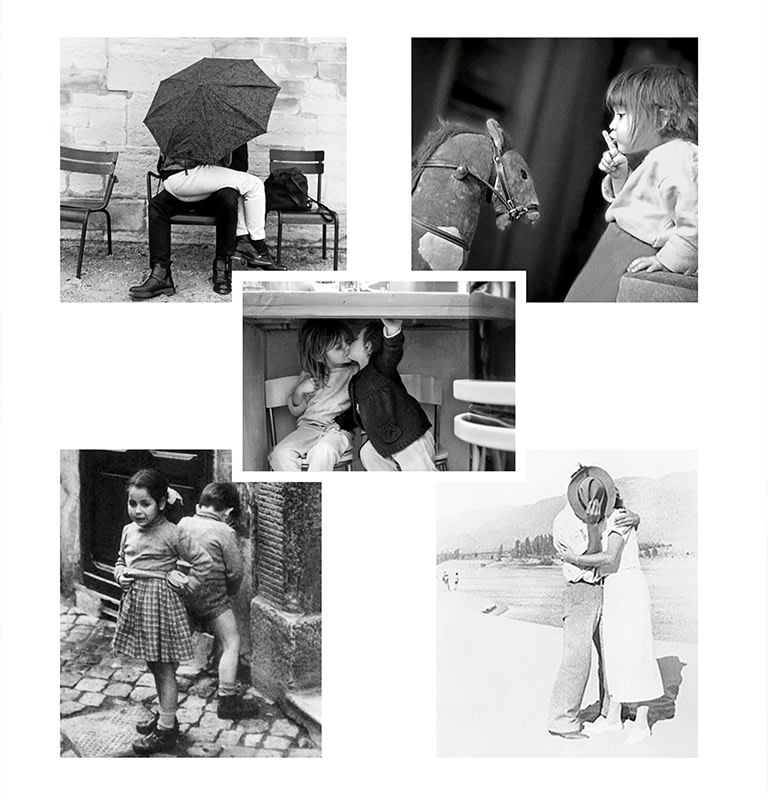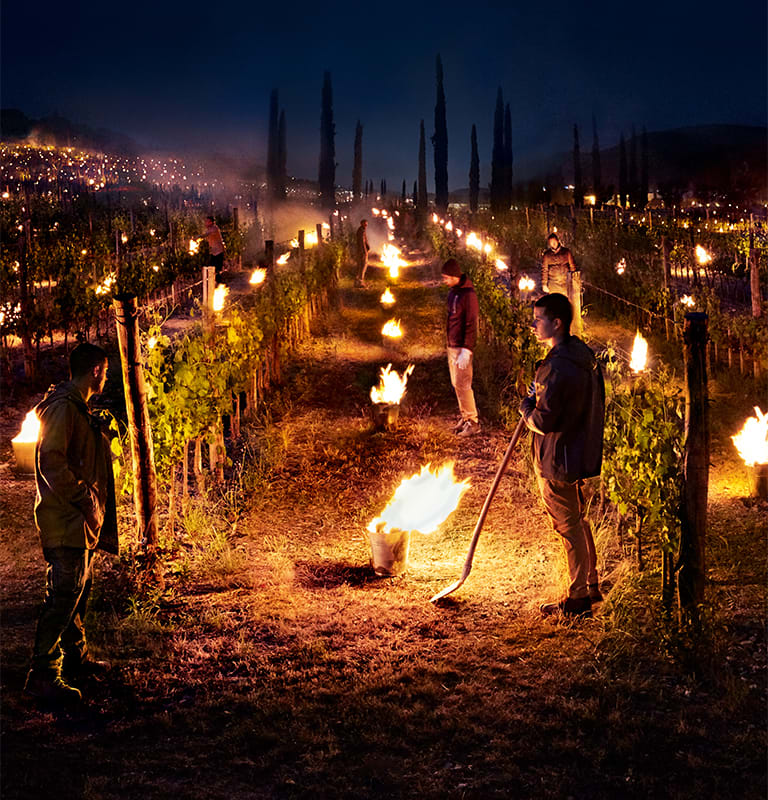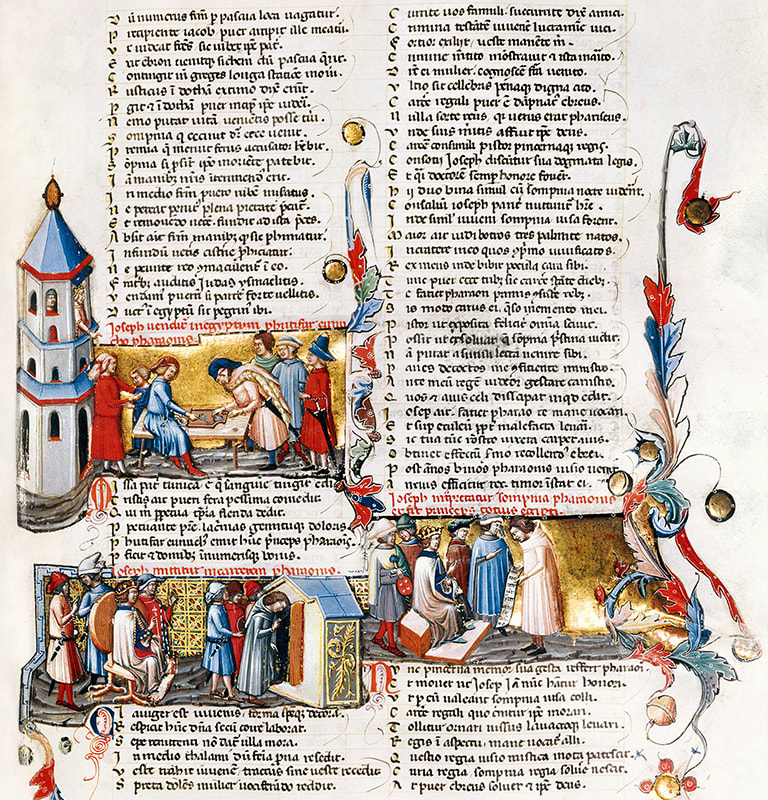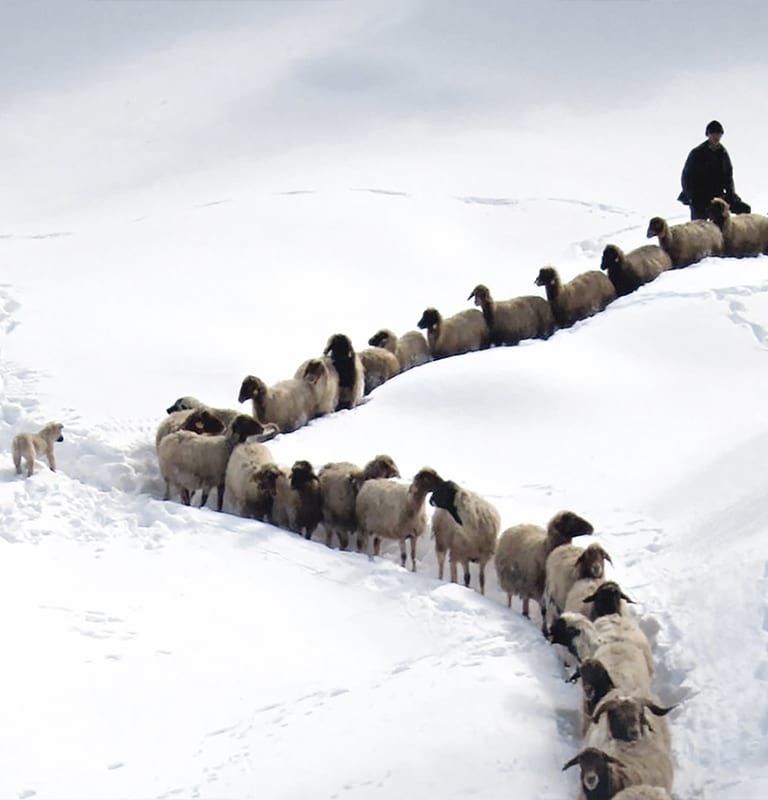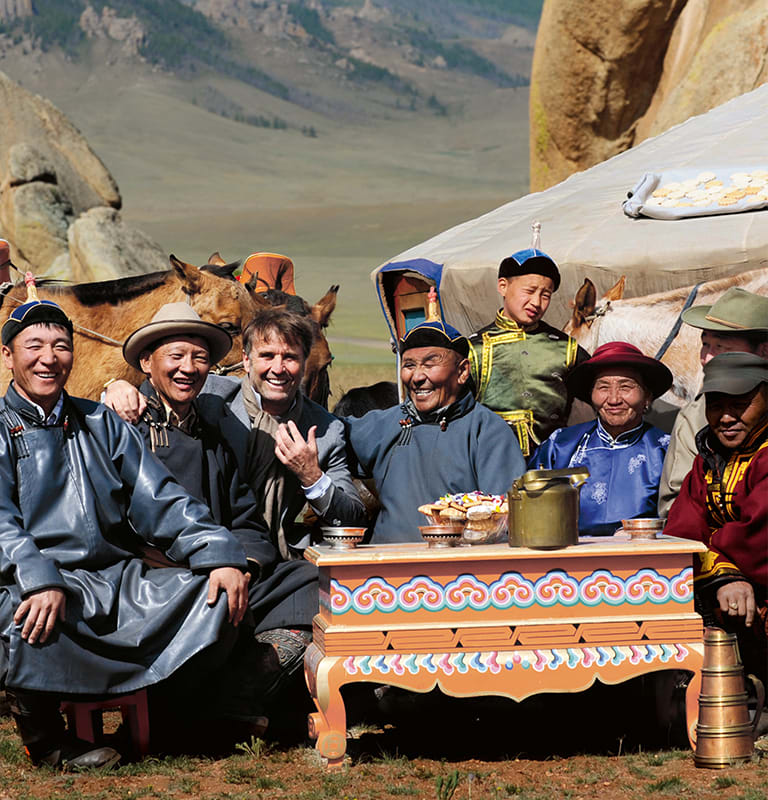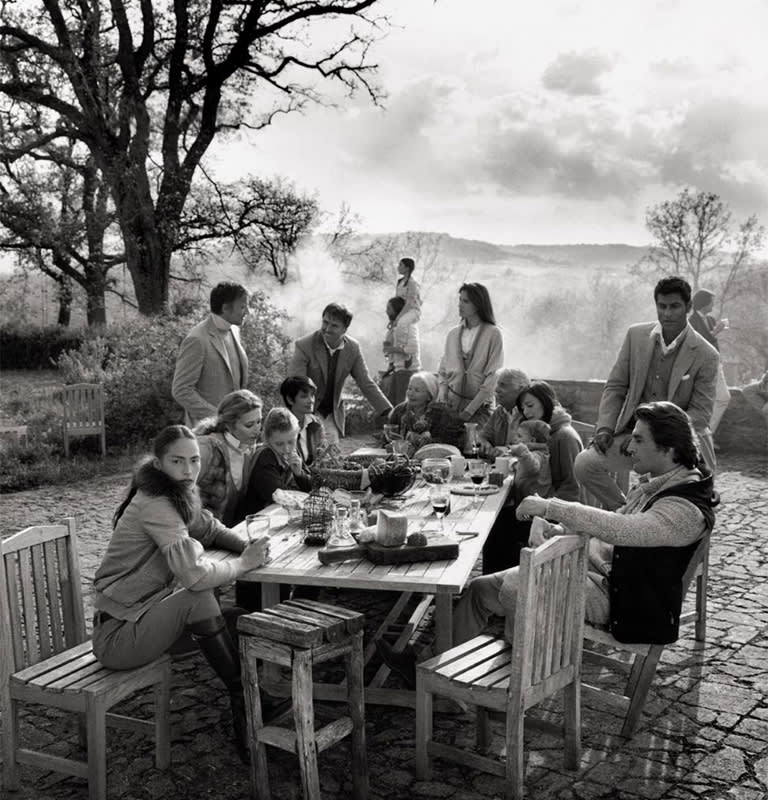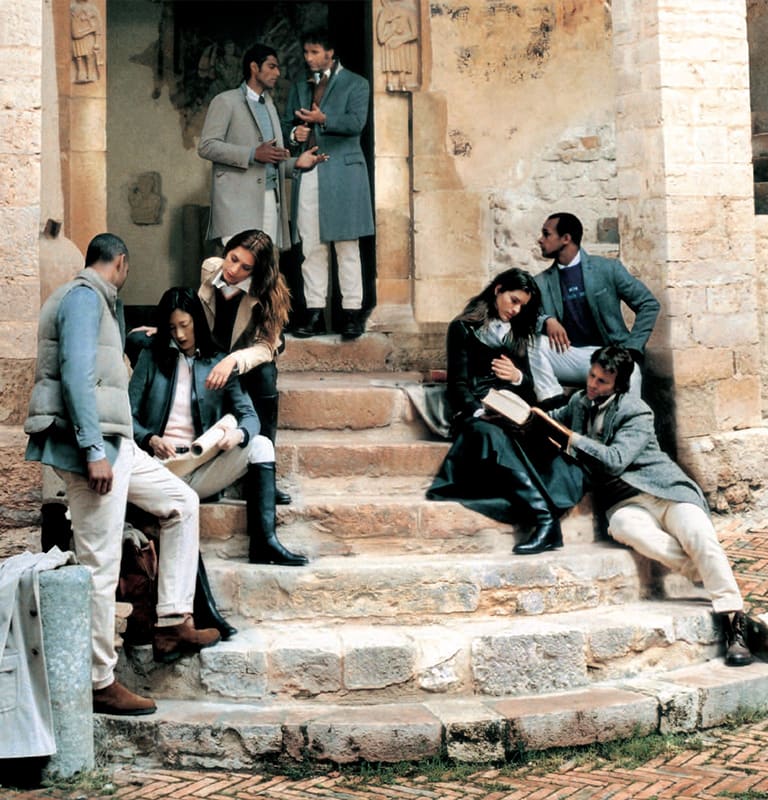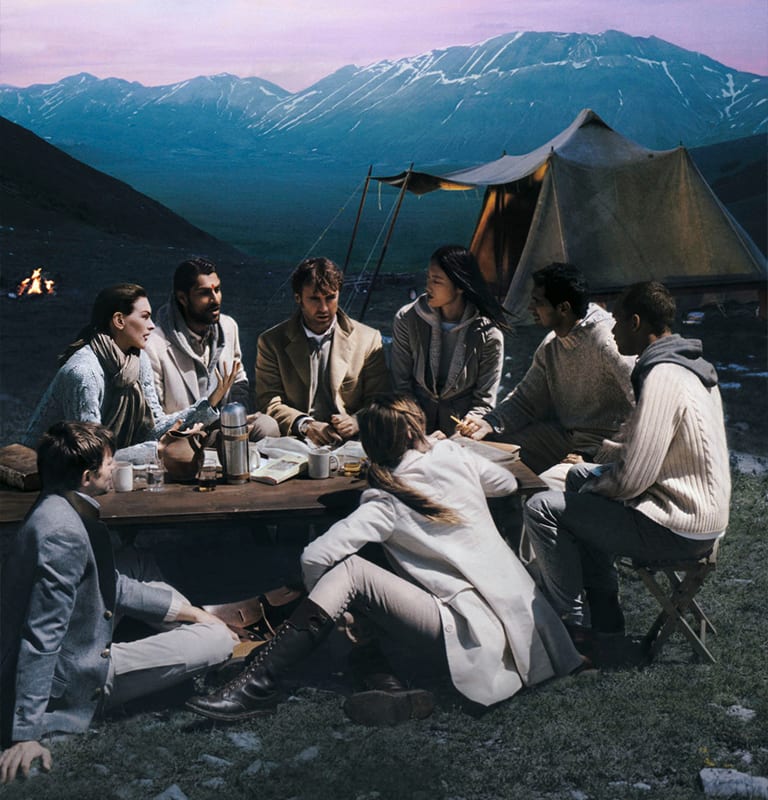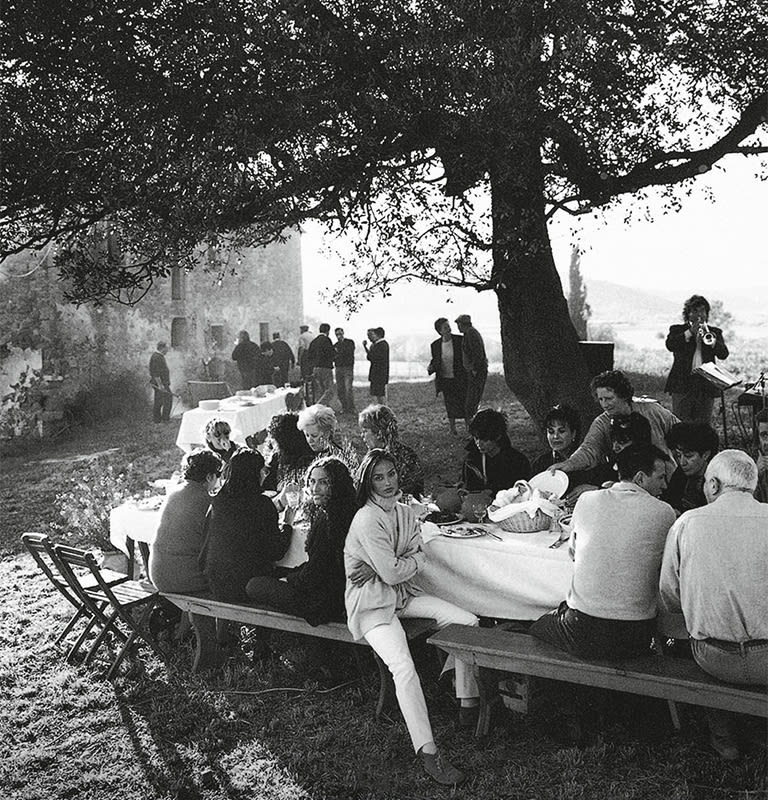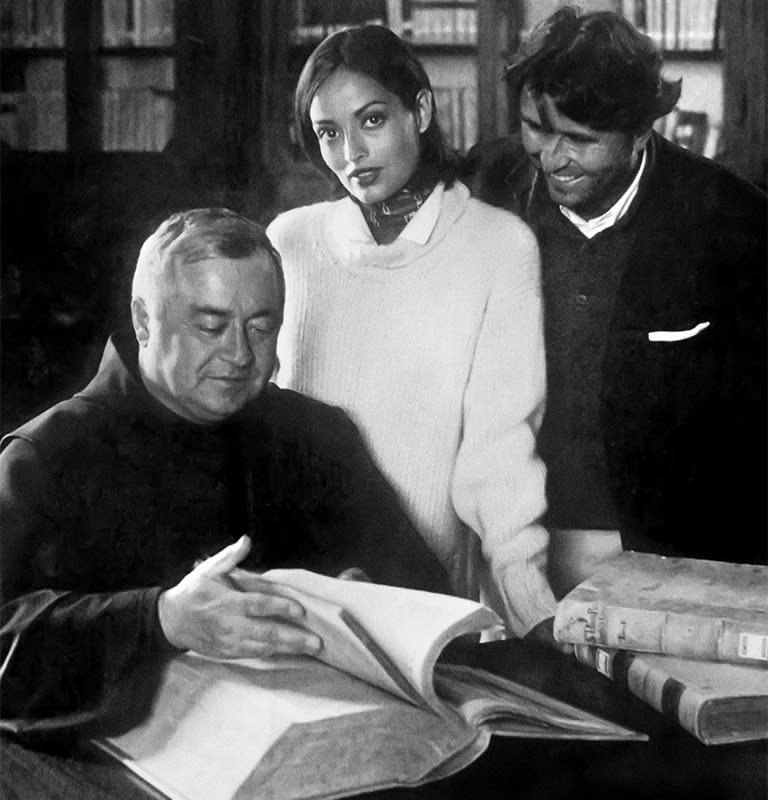label.skip.main.content
"All things come from the Earth."
Xenophanes
Fall-Winter 2014
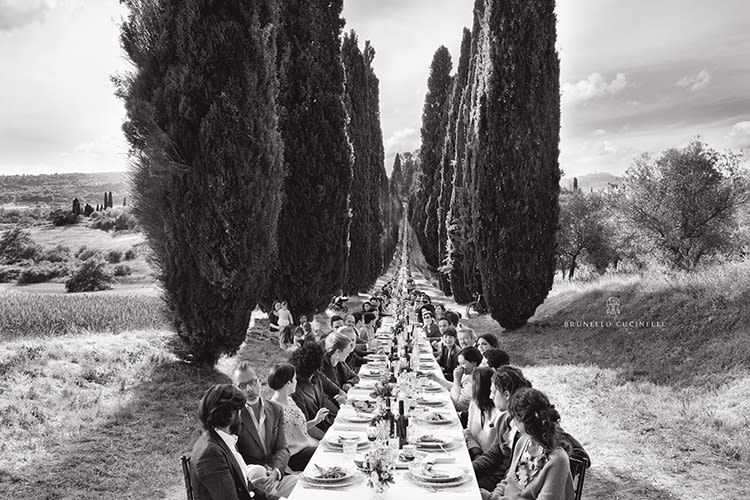
Every written word dedicated to the earth – poetic or otherwise – stimulates a love inside us for this immense world. A sweet breath of springtime, full of scents, colour and profound meaning to savour, whether we fully grasp it or not. Such were the words of Columella, the famed Roman agricultural writer, and of Virgilius, the poet who foreshadowed the figure of Christ in that of Octavian Augustus. Such, too, have been the words of the infinite number of scribes throughout history up through the present day. And how could it be any different when we consider Mother Earth? That divine goddess known by different names from the East to the West, who – even before being seen as a mother – was seen as a bride, made pregnant by the rain concealing Zeus, as classical mythology would have us believe. She who gave birth to all of mankind, as well as to the food that sustained him. In the Enlightened spirit of the 18th century, the Physiocrats fully understood just how important the earth was to man and dedicated their entire existence to an agriculture in harmony with human values and a just use of the earth. Nowadays, the word ‘use’ is at times replaced by ‘exploitation’, which joylessly evokes an earthcum- laboratory – an idea far removed from the human values handed down by our ancestors. Those whose focus was on keeping the furrow straight from behind a plough – perhaps still pulled by oxen or horses – as the moist, warm scent of the sod dulled their senses. It is in this ancient relationship between earth and man that lies the world’s very foundation.
Even in agriculture, like in almost everything else we do, craftsmanship over industrialisation guarantees the constant renewal of our humanity. It would be foolish to believe that the earth can age, this living being whose fate – like that of the gods – is one of eternal youth. She who has come to be called the Mother of all things, and from which all things have and will forever come. Leon Battista Alberti claimed that a home in contact with nature is a veritable paradise. And centuries later, Oscar Wilde went on to state that true beauty comes not merely from our mastery of the earth, but from working conditions guided by respect for human dignity. Man’s dignity and the earth’s dignity are one and the same, with an ability to create true joy that penetrates the heart and can be seen in the eyes of whoever respects it. This is immediately clear in the artwork of Ambrogio Lorenzetti: the majestic fresco from Siena known as “Good Government” – as unyielding as a Final Judgement and as joyful as a country fair – truly represents this dignity, this limitless beauty. We must therefore protect it for the future. Two or three centuries from now... what earth will we, its current guardians, leave to our children? Will it be fertile and fragrant like the one we inherited from our parents? Will our children still have wheat fields in which to lay on summer nights, eyes fixed to the heavens, to feel their place in the universe? Let us build a world in which future generations exist in harmony with the earth like a king’s garden – the kind from Antiquity where the rose sang next to the apple tree in eternal spring.


